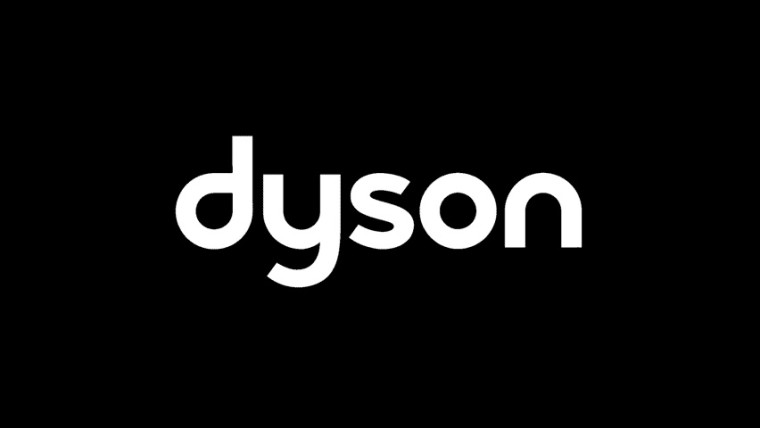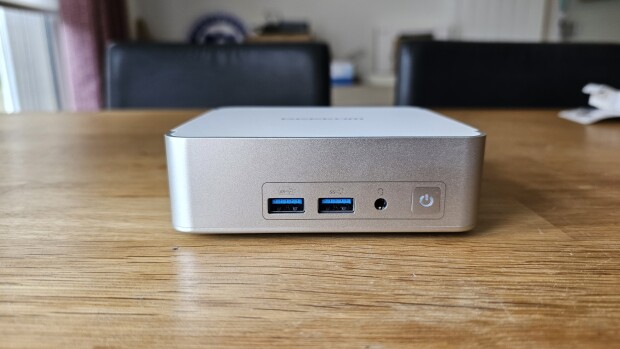
It's been over two years since Dyson's plans to build an electric car came to light, having collected £174 million in funding from the UK government in a bid to rid the country of petrol- and diesel-based vehicles by 2040. Seemingly, Dyson was set to leverage its acquisition of Sakti3, a solid-state lithium-ion battery startup snapped up back in 2015, to deliver the powertrain for an electric vehicle of its own.
Unfortunately, the dream of electric vehicles fizzled out for the business, according to an announcement made by the company on its website. Having originally been slated for release next year, the unveiling of its EV was postponed to 2021 after gaining board approval to build a car manufacturing plant in Singapore late last year. However, since then, it seems that the project's prospects to turn a profit have apparently dried up.
In a public statement regarding its automotive endeavours, Dyson said:
"The Dyson Automotive team have developed a fantastic car; they have been ingenious in their approach while remaining faithful to our philosophies. However, though we have tried very hard throughout the development process, we simply cannot make it commercially viable. We have been through a serious process to find a buyer for the project which has, unfortunately, been unsuccessful so far. I wanted you to hear directly from me that the Dyson Board has therefore taken the very difficult decision to propose the closure of our automotive project."
The company made particular mention that the termination of the project was not due to "product failure, or a failure of the team" but would persevere with its £2.5 billion investment program to support new technologies. In the meantime, Dyson will turn its attention to the manufacture of solid-state batteries as well as other fundamental technologies including "sensing technologies, vision systems, robotics, machine learning, and AI".
Unfortunately, as is the case with many large-scale project terminations, there is the potential for significant staff impact. While the company has noted that it has "sufficient vacancies to absorb most of the people into our Home business" there will be some who may not be able to transition into new roles. However, while citing that "the route to success is never linear", James Dyson said that this "is not the first project which has changed direction and it will not be the last".

















6 Comments - Add comment